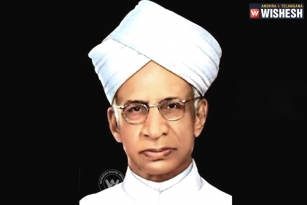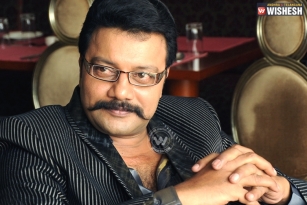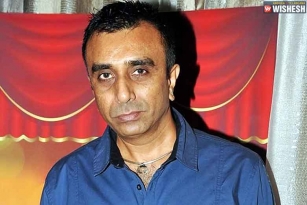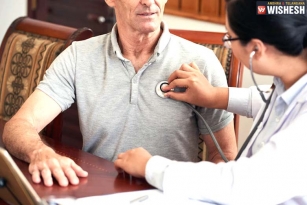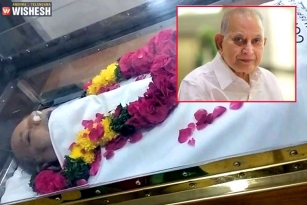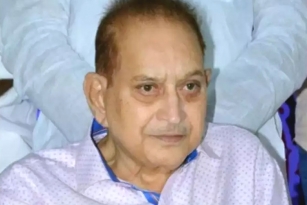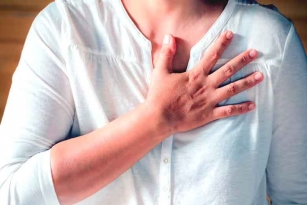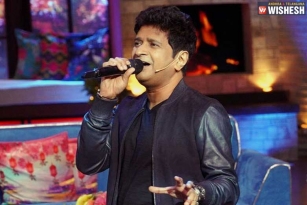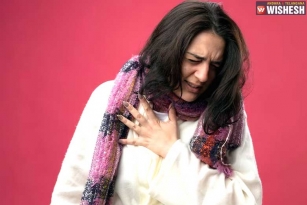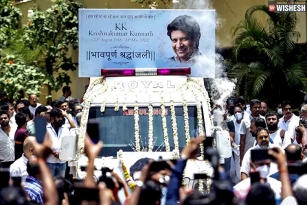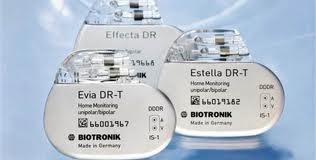
 Thousands of Indians who suffer from heart problems but cannot afford a pacemaker are to receive secondhand devices from deceased Americans. Transportation of these pacemakers is a very simple affair. Most devices are brought to India with luggage.
Thousands of Indians who suffer from heart problems but cannot afford a pacemaker are to receive secondhand devices from deceased Americans. Transportation of these pacemakers is a very simple affair. Most devices are brought to India with luggage.
Pacemaker is a device implanted in the heart that uses electrical pulses to bring back the normal heart beat. According to statistics given by morticians in Illinois and Michigan, many pacemakers can still be donated from the decreased owner and it will be such a waste to throw them away. Many pacemakers in the United States are just thrown away once their owners have already died.
It would appear that recycling is much bigger than even its most noble original goal of saving the planet. Now, recycling saves lives too.
More than 50 patients had the recycled devices fitted in a pilot scheme in Mumbai, according to Bharat Kantharia of the University of Texas Medical School, Houston.
The 53 devices selected were rigorously cleaned and sterilized before they were sent to Holy Family Hospital in Mumbai, which serves all patients regardless of income.
“Like anything else, devices are also recyclable. There is no reason why they can’t be reused. There may be other issues — personal, technical, legal, and other kinds of issues — but the effort is worth it because in India, there are people dying because of a lack of resources,” said Dr. Bharat Kantharia of the University of Texas Health Science Center in Houston.
Reusable pacemakers in deceased patients in the U.S. is a largely untapped resource. Hopefully, they can save many more lives in the near future. Stimubank and Heartbeat International are two important organizations whose mission is to transport free pacemakers to poorer countries.
Brian Pinto, chief cardiologist at Holy Family Hospital, Mumbai, western India, said the project was a world first and the US-Indian medical team behind it was planning to extend it to include other hospitals in the U.S. and India.
"We are fitting six or seven recycled pacemakers per month and the numbers are steadily increasing," he said.
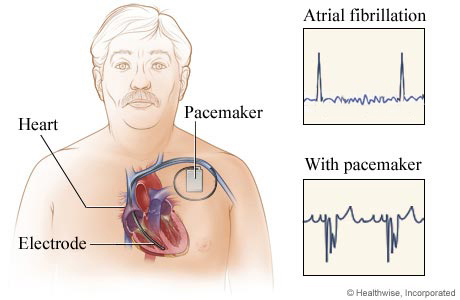
Globally, an estimated one to two million people die each year because they cannot afford a pacemaker, a device that uses electrical pulses to the heart to maintain a regular heartbeat.
Pinto said that patients who could afford a new device would pay between $2,050-$8,200 for a pacemaker or implantable defibrillator, plus 100,000 rupees to have it fitted. Secondhand devices are free, with surgery costing 30,000-40,000 rupees, and in some cases nothing.
"Like other things, pacemakers can be recycled," Kantharia said in a study, published in the American Journal of Cardiology. "It is optimization of resources since people are dying in India due to lack of resources."
Pinto said there was a 98 percent success rate, "a major boost in our city where such a huge population suffers from cardiac diseases."
America's Food and Drug Administration does not permit the reuse of pacemakers. Kantharia is seeking FDA approval to study the project's effectiveness. There are about 1-2 million people annually who die because they have limited or no access at all to a pacemaker.
Donated pacemakers do not only save lives but can improve as well the poor patients’ quality of life. In India, a new pacemaker is priced between $2200 to $6000 not including other fees related to the proper functioning of the device and also hospital and doctor fees.




